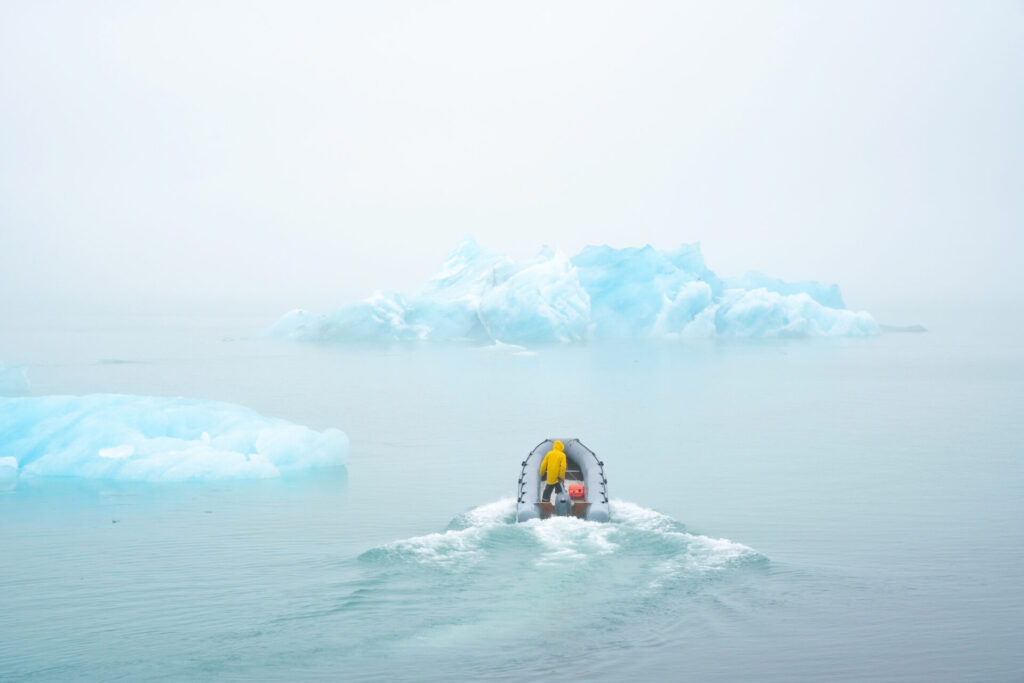Axing climate research endangers Americans, say former officials

President Trump’s sweeping cuts to climate research are undermining Americans’ health and national security, three scientists with long government service records told an audience of Harvard and MIT climate experts.
Much of the damage may be impossible to repair, they warned. The self-inflicted wounds also jeopardize the economic benefits the United States enjoys as the preeminent global scientific power.
When the Trump administration slashes biomedical research funds, including to universities, the eye-popping dollar figures generate headlines. Climate research is relatively cheap, as far as science goes, and the cuts are rarely front-page news.
But dollars are not the only way to measure damage. Proportionally, the climate cuts may reach deeper: For example, most graduate students and postdocs in Harvard’s Department of Earth and Planetary Sciences, which organized the April 30 panel, are supported by federal grants.
And whereas private industry supports some biomedical research, the funding cuts and sacking of government scientists are systematically eliminating the infrastructure of climate research in the U.S., destroying systems built over generations – systems that private foundations are in no position to replace.
“It is incorrect to think that two years from now, after the midterms, or four years from now, all this is going to go away and things are going to go back to the way they were,” said Maria Zuber, MIT’s former Vice President for Research, who served in senior science advisory roles for the last three administrations, including during Trump’s first term. “We’re just not going to be able to snap back.”
Already the nation’s emergency preparedness has been impaired. Since the Trump administration fired large parts of the federal workforce, meteorologists at the National Weather Service say they do not have the resources to develop life-saving forecasts during hurricane season, which begins June 1.
How and why those hurricanes keep getting stronger is the purview of climate science. Last year federally funded scientists measured a record jump in atmospheric concentrations of the carbon dioxide responsible for trapping the heat that pumps up hurricanes like they’re on steroids. The administration reportedly intends to terminate the office that made those observations at the Mauna Loa Observatory in Hawaii, source of the world’s longest continuous atmospheric CO2 measurements.
Congress and the courts
During Trump’s first term, Congress resisted his efforts to defund science. This time lawmakers from Trump’s party are terrified of the president and allowing him to grab power, said John Holdren, Co-Director of the Science, Technology, and Public Policy Program at the Harvard Kennedy School’s Belfer Center.
“Congressional responsibility includes the power of the purse. They’re supposed to be the appropriators,” said Holdren, President Obama’s science advisor for eight years. “We need the courts to step up and stop the most egregious violations of the Constitution and existing law. We need to do everything we can to persuade a couple of handfuls of Republican members of Congress, in both the House and the Senate, to oppose these kinds of activities.”
Late last month, the Trump administration dismissed the hundreds of scientists writing the sixth National Climate Assessment, a roadmap used by states, regions, and towns across the U.S. as they adapt. This Congressionally mandated report disaggregates what climate change is doing in different parts of the country and to different economic sectors. From the Florida Keys to the North Slope of Alaska, it helps local officials plan.
The administration’s pivot away from climate adaptation surprises Zuber “because of how significantly climate change impacts local communities – the entire country.” Change “isn’t limited to the Northeast and the West Coast. It’s impacting all states, all communities. So it’s hard to imagine that this isn’t going to be noticed,” she said.
Indeed, as increasingly expensive disasters begin to destabilize the insurance markets that undergird the global economy, climate change is growing harder to ignore.
Universities must communicate better
The federal government has been the world’s largest investor in science research since the Second World War.
A lesson for universities, which receive much of that funding, is that they must tell the story of what they are doing, the economic and national security benefits of basic science research. There is a need to explain how their research is a public good to the public at large.
We “haven’t been going around talking to the public about why the public should be funding science. We’ve sort of taken it for granted,” said Daniel Schrag, the Sturgis Hooper Professor of Geology and Professor of Environmental Science and Engineering, who moderated the panel and served in the Obama White House.
“Basic research is the seed corn from which future applied advances come,” added Holdren. “We absolutely know from history that basic research yields enormous returns to society, and we’ve got to tell that story.”